What Is Neuropsychological Evaluation?
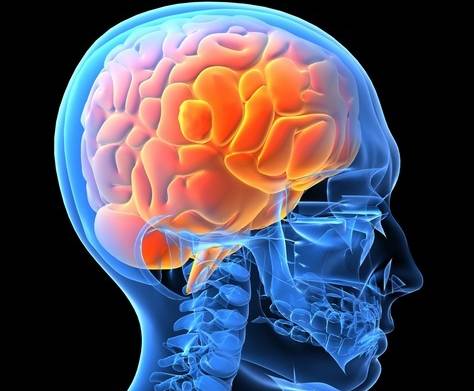
.
Neuropsychological evaluation is intended to provide an objective and quantitative assessment of the brain and psychological functioning of an individual diagnosed with a neurological or neurodevelopmental condition. The evaluation consists of the administration of a series of objective tests which are designed to provide specific information about a person’s current cognitive and emotional functioning.
The tests are administered by a neuropsychologist who specializes in understanding the relationship of the brain to specific abilities and the objective evaluation of these abilities.
While the tests which are administered may vary according to the particular needs of each person, they will usually include tests that assess sensory and motor abilities, attention and concentration, memory, language, visual-spatial ability, and “higher cognitive functioning”, such as reasoning, problem solving skills, intellectual functioning, and social and psychological functioning. The individual will be asked to complete various questionnaires regarding medical history, social history, current symptoms, and psychological functioning.
The tests are presented orally, visually, in writing, or in other formats where the person is asked to perform tasks that involve answering questions, drawing, or building objects. There is no “medical” testing involved. The amount of time needed for the testing will vary as well, according to the needs of the situation and the individual’s general ability to undergo these tests. In most cases you should expect for the individual to spend between 3 to 8 hours for the testing, and sometimes more. The testing will be completed in one to three sessions, again depending on the individual situation.
The results of the tests are useful because they can be compared to norms, that is, numerical information gives us a good idea about how the individual performs in comparison to the average performance of similar individuals. Also important to assess is the individual’s cognitive strengths and weaknesses, taking under consideration factors such as history, age, neurological condition, etc.
The results will be shared with the family and the referring physician (if any), or whomever else is specified by the patient/family. The results of the evaluation will also lead to recommendations for treatment.
Evaluations for Testing Accommodations

.
The Americans with Disabilities Act requires that accommodations be provided to individuals with a disability. A disability is defined as a physical, neurocognitive, psychological, and/or learning problems (e.g. neurological disorders that may impact brain functioning, learning disorders that may affect academic success). Accommodations can take the form of extra time during standardized testing, reading assistance, copies of notes, a note taker, or other accommodations depending on the needs of the student.
Those accommodations can be provided for standardized entrance exams such as SAT, GRE, GMAT, MCAT, LSAT, etc. Once the existence of a disability is established, accommodations can be provided throughout school.
In order to qualify to receive accommodations, thorough and specific neuropsychological testing (e.g. tests and specific recommendations) is required to document the individual’s strengths and weaknesses and to establish the specific accommodations necessary to optimize the learning process.
PARCC’s Development of the Accessibility and Accommodations
PARCC is committed to providing all students with access to high-quality assessments. For the assessment system as a whole, PARCC is committed to ensuring that all participating students, including students with disabilities, English learners, and English learners with disabilities, are able to engage in a meaningful and appropriate manner so valid results can be obtained for all students. Through a combination of universal design principles and computer-embedded features, PARCC has designed an assessment system that is inclusive of all students – from initial design through implementation.
On June 26, 2013, the PARCC Governing Board approved the policies in the first edition of the PARCC Accessibility Features and Accommodations Manual. The manual has been revised, following PARCC item development research, field testing in spring 2014, and the first operational year of administration in school year 2014-2015. This iterative process will ensure that the accommodations students receive on the PARCC assessments provide a valid reflection of what they know and can do, and do not alter the construct of what is being assessed.

Cognitive Behavioral Therapy (CBT)

.
Cognitive behavioral therapy (CBT) is a time-limited, evidence-based, psychotherapeutic approach that aims to influence dysfunctional cognitions, emotions, and behaviors through a goal-oriented, systematic procedure.
CBT was primarily developed through a merging of behavior therapy and cognitive therapy. These two traditions found common ground in focusing on the “here and now” and symptom removal.
Cognitive behavioral therapy is based on the idea that our thoughts cause our feelings and behaviors, not external factors, like people, events, and situations. The benefit of this is that we can change the way we think, feel, or behave even if the situation does not change.
CBT treatments have received empirical support for effective treatment of a variety of clinical conditions, such as depression, anxiety, eating disorders, sleep disorders, relationship difficulties, and many others.
Mindfulness-Based Cognitive Therapy (MBCT)
Mindfulness-based cognitive therapy (MBCT) utilizes traditional cognitive behavioral therapy (CBT) methods with additional strategies, like mindfulness and mindfulness meditation to deal with psychological disorders.
Mindfulness and mindfulness meditation focus on becoming aware of all incoming thoughts and feelings and accepting them, but not reacting or attaching to them. The goal of MBCT is to interrupt automatic processes that lead to undesired states of mind and, in turn, teach patients to focus less on reacting to incoming stimuli and instead on accepting and observing them without judgment. This mindfulness practice allows the participant to notice when automatic processes are occurring and to alter their reaction to be one more of reflection.
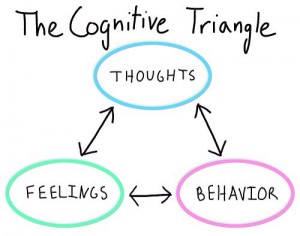
Stress Management

.
Stress is a normal psychological and physical reaction to the ever increasing demands of life. Surveys show that most Americans experience challenges with stress at some point during the year. In looking at the causes of stress, the brain comes hard-wired with an alarm system for your protection. When the brain perceives a threat, it signals the body to release a burst of hormones to fuel its capacity for a response. This has been labeled the “fight-or-flight” response. Once the threat is gone, the body is meant to return to a normal relaxed state.
That’s why stress management is so important. Stress management gives you a range of tools to reset your alarm system. Without stress management, all too often your body is always on high alert. Over time, high levels of stress lead to serious health problems. It is important not to wait until stress has a negative impact on your health, relationships, or quality of life. Start practicing a range of stress management techniques today.
The following are some stress management techniques:
- Abdominal breathing
- Meditation
- Mindfulness
- Relaxation techniques
- Progressive muscle relaxation
- Cognitive behavior therapy
Health Psychology
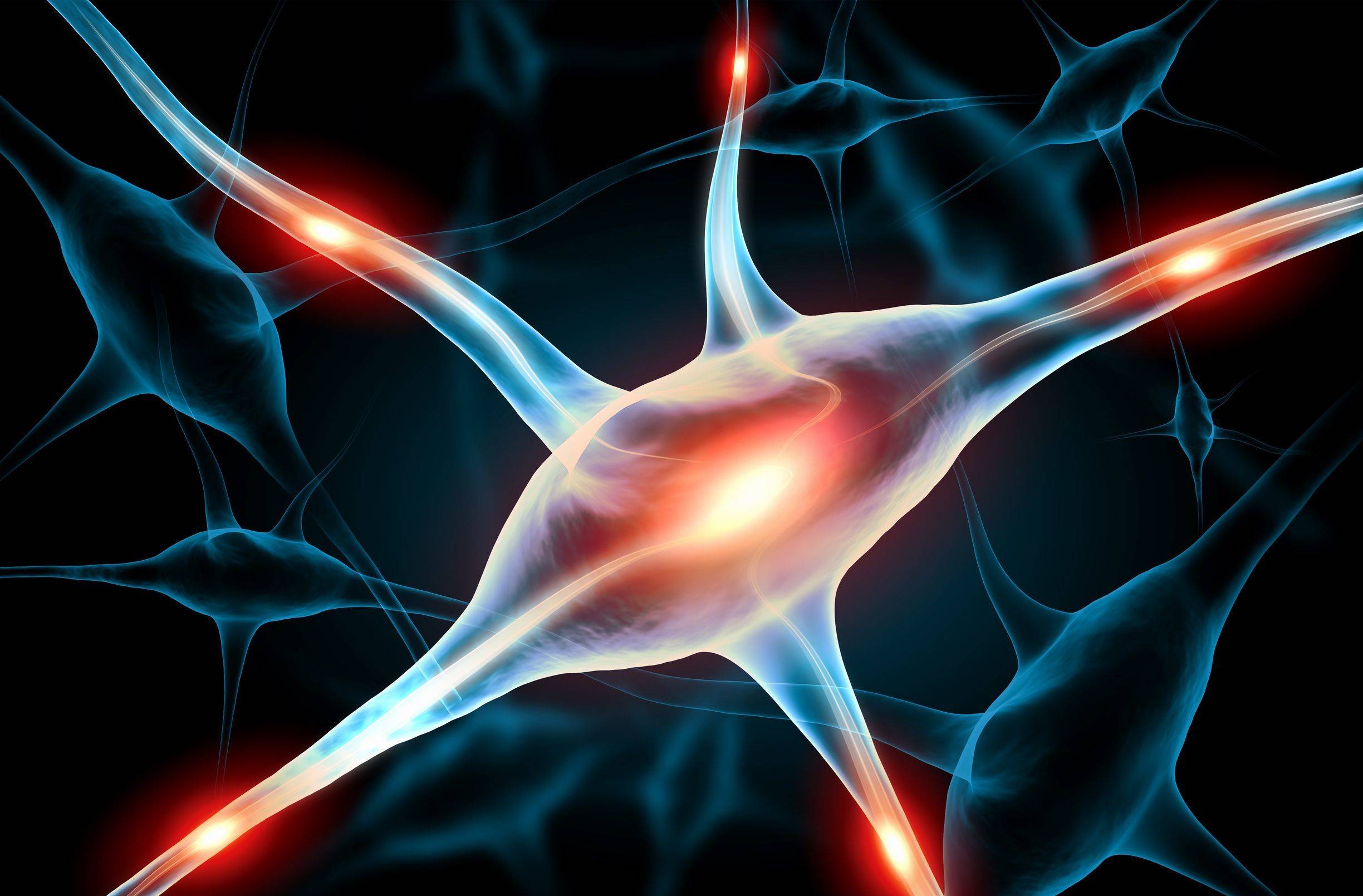
Health psychology is a specialty area that focuses on how biological, psychological, behavioral, and social factors influence health and illness.
Recent advances in psychological, medical, and physiological research have led to a new way of thinking about health and illness. This conceptualization, which has been labeled the biopsychosocial model, views health and illness as the product of a combination of factors including biological characteristics (e.g. genetic predisposition), behavioral factors (e.g. lifestyle, stress, health beliefs), and social conditions (e.g. cultural influences, family relationships, social support).
While health psychologists engage in a wide variety of activities, the following are just a few of the areas they address and treat:
- Stress reduction
- Weight management
- Smoking cessation
- Improving daily nutrition
- Adjustment to chronic Illness
- Pain management
- Grief counseling for terminal patients
Learning Disability Assessment
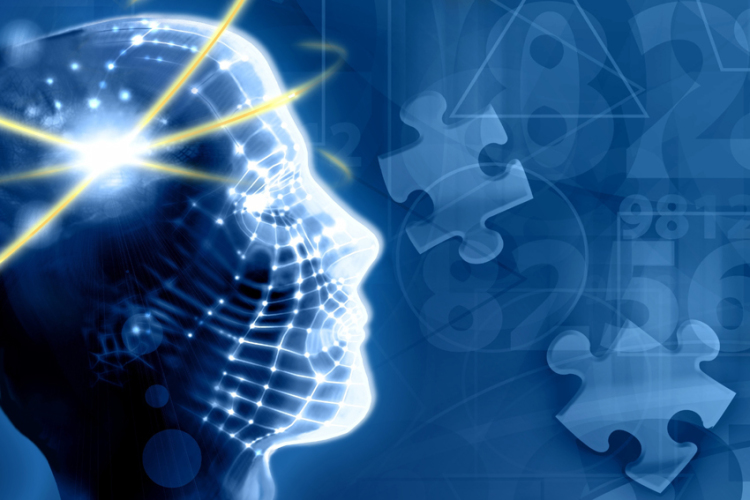
.
A learning disability is defined as a discrepancy between one’s general intellectual ability and one’s academic performance in certain academic areas, such as reading and math.
The best way to diagnose a learning disorder is through neuropsychological or psychoeducational testing.
The National Joint Committee on Learning Disabilities (NJCLD)1strongly supports comprehensive assessment and evaluation of students with learning disabilities by a multidisciplinary team for the identification and diagnosis of students with learning disabilities. Comprehensive assessment of individual students requires the use of multiple data sources. These sources may include standardized tests, informal measures, observations, student self-reports, parent reports, and progress monitoring data from response-to-intervention (RTI) approaches (NJCLD, 2005). Reliance on any single criterion for assessment or evaluation is not comprehensive, nor is a group assessment, such as universal screening or statewide academic assessment tests, sufficient for comprehensive assessment or evaluation.
Social Skills Training

.
Dr. Couvadelli conducts Social Skills Training with interested individuals who have difficulties decoding social situations and relating to other people.
Social Skills Training can help individuals navigate the intricacies of the social environment, decipher social cues, and act appropriately in a variety of situations. As a result, clients can more effectively reach their personal goals and start being positively reinforced during social interactions. Socials Skills Training is adapted to the needs of each individual, upon assessing his/her particular deficits.
People who can benefit from Social Skills Training include those with autism spectrum disorders including High Level Autism and Asperger’s Disorder, Attention Deficit /Hyperactivity Disorder, anxiety disorders such as Social Phobia, avoidant personality disorder, people with developmental disabilities, as well as people with brain injury.
I am text block. Click edit button to change this text. Lorem ipsum dolor sit amet, consectetur adipiscing elit. Ut elit tellus, luctus nec ullamcorper mattis, pulvinar dapibus leo.
Pain Management

.
Dr. Couvadelli is an Independent Provider for the NYC Department of Education.
She provides both Neuropsychological and Psychoeducational Evaluations.
For more information, please visit:
Sports Psychology
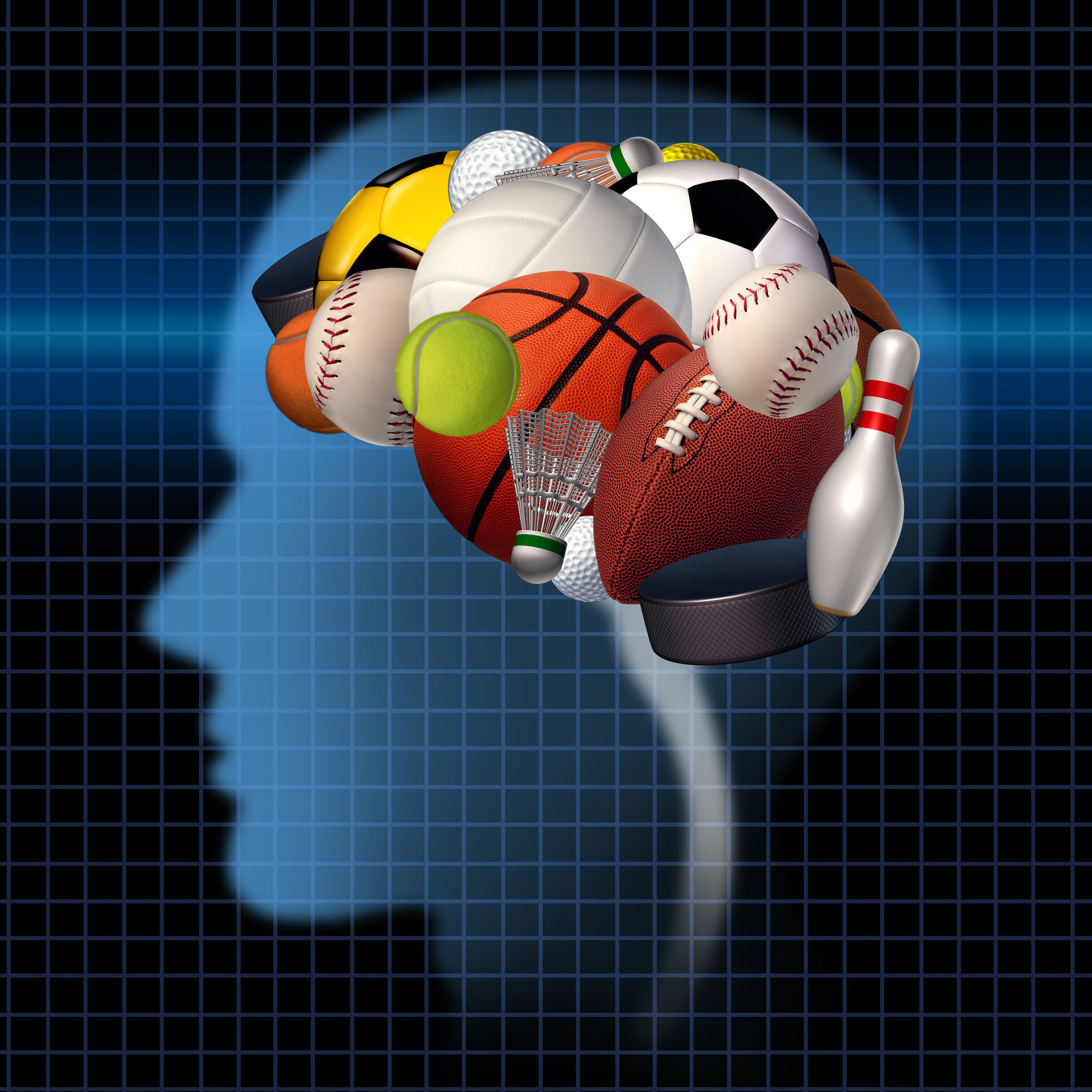
This may include relaxation, if one becomes anxious, through methods such as progressive muscle relaxation, breathing exercises, and meditation, or the use of energizing techniques (e.g. listening to music, energizing cues) if one is not alert enough. The use of meditation and, specifically, mindfulness is a growing practice in the field of arousal recognition. The Mindfulness-Acceptance-Commitment (MAC) Theory is the most common form of mindfulness in sports. It was developed in 2001 and includes a specific protocol that involves meditation and acceptance practices on a regular basis as well as before and during competition.
Mental Toughness Techniques
Mental toughness is a psychological edge that helps one perform at a high level consistently. Mentally tough athletes exhibit four characteristics: a strong self-belief (confidence) in their ability to perform well, an internal motivation to be successful, the ability to focus one’s thoughts and feelings without distraction, and the capacity for composure under pressure.
Sport psychology is the science that draws on knowledge from the fields of kinesiology and psychology. It involves the study of how psychological factors affect performance and how participation in sports and exercise affects psychological and physical factors. In addition to instruction and training of psychological skills for performance improvement, applied sport psychology may include work with athletes, coaches, and parents regarding injury, rehabilitation, communication, team building, and career transitions.
Process
- Assessment of personality and sports-related behaviors
- Creation of individualized plan to optimize sports performance
- Teaching and practice of techniques
Performance Improvement Techniques
Arousal regulation
Arousal regulation refers to entering into and maintaining an optimal level of cognitive and physiological activation (referred to as the “go zone”) in order to maximize performance.

Self-Efficacy Techniques
Self-efficacy is a belief that one can successfully perform a specific task. In sports, self-efficacy has been conceptualized as sport-confidence. However, efficacy beliefs are specific to a certain task (e.g. I believe I can successfully make both free throws), whereas confidence is a more general feeling (e.g. I believe I will have a good game today).
Goal setting
Goal setting is the process of systematically planning ways to achieve specific accomplishments within a certain amount of time. Research suggests that goals should be specific, measurable, difficult but attainable, time-based, written down, and should consist of a combination of short-term and long-term goals. A meta-analysis of goal setting in sports suggests that when compared to setting no goals or “do your best” goals, setting the above types of goals is an effective method for improving performance.
Imagery (or motor imagery) can be defined as using multiple senses to create or recreate experiences in one’s mind. Additionally, the more vivid images are, the more likely they are to be interpreted by the brain as identical to the actual event, which increases the effectiveness of mental practice with imagery. Good imagery, therefore, attempts to create as lifelike an image as possible through the use of multiple senses (e.g. sight, smell, kinesthetic), proper timing, perspective, and accurate portrayal of the task.
Self-talk
Self-talk refers to the thoughts and words that athletes and performers say to themselves, usually in their minds. Self-talk phrases (or cues) are used to direct attention towards a particular thing in order to improve focus or are used alongside other techniques to facilitate their effectiveness. Research suggests that either positive or negative self-talk may improve performance, suggesting that the effectiveness of self-talk phrases depends on how the phrase is interpreted by the individual.
